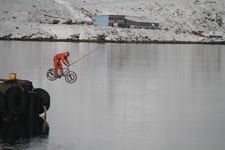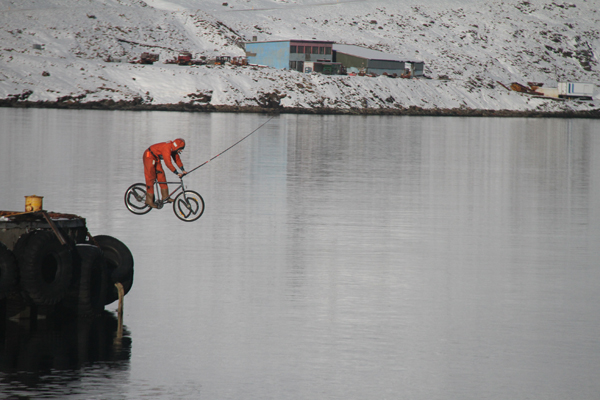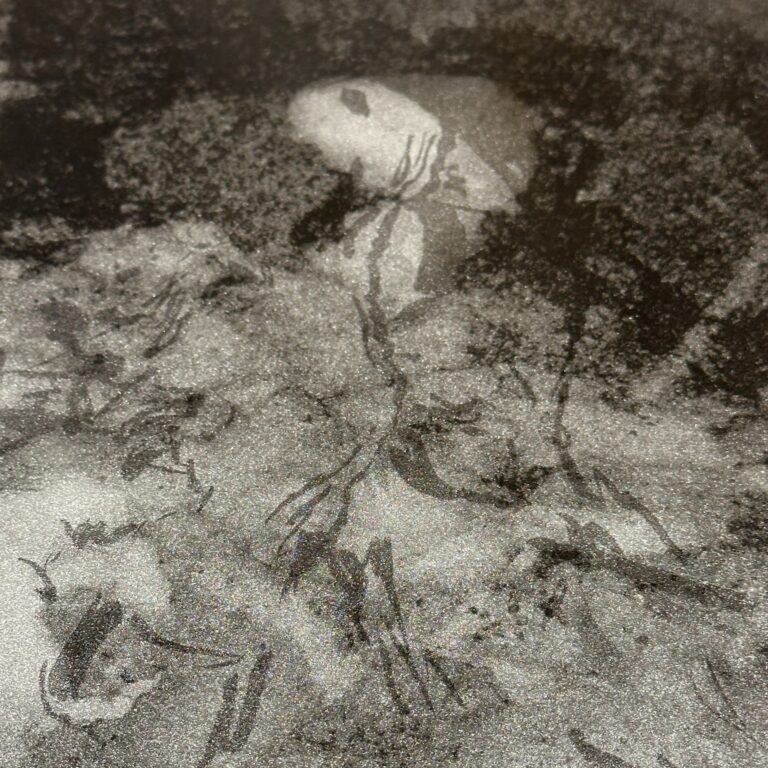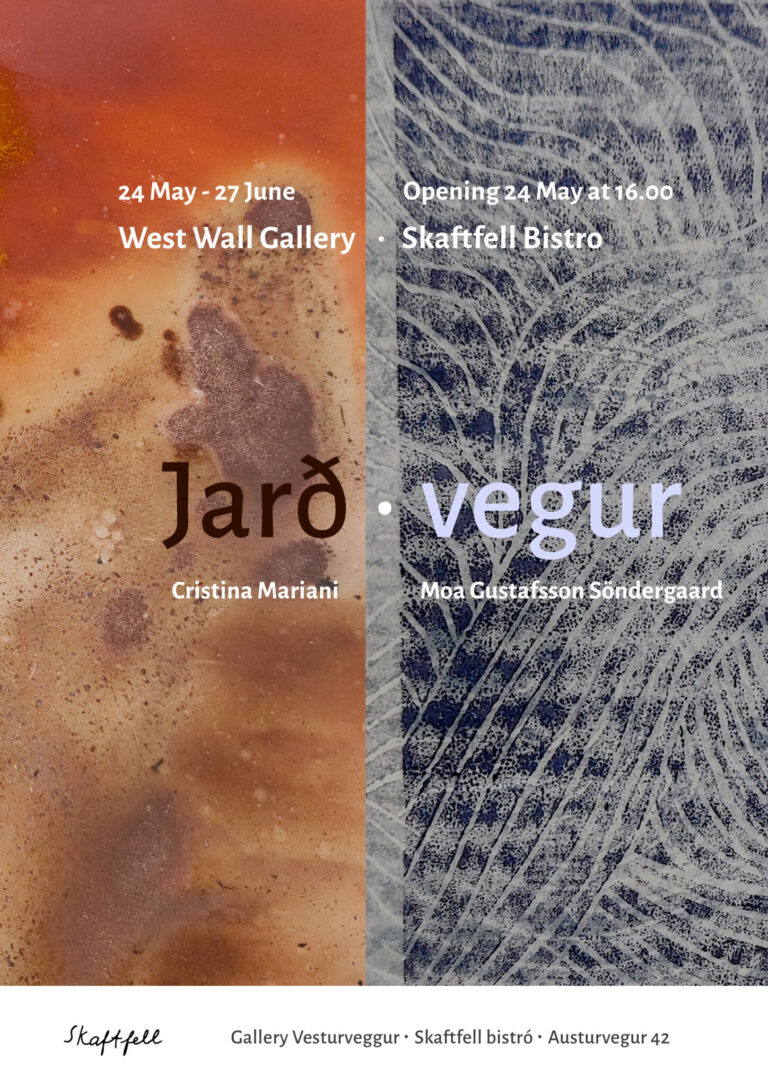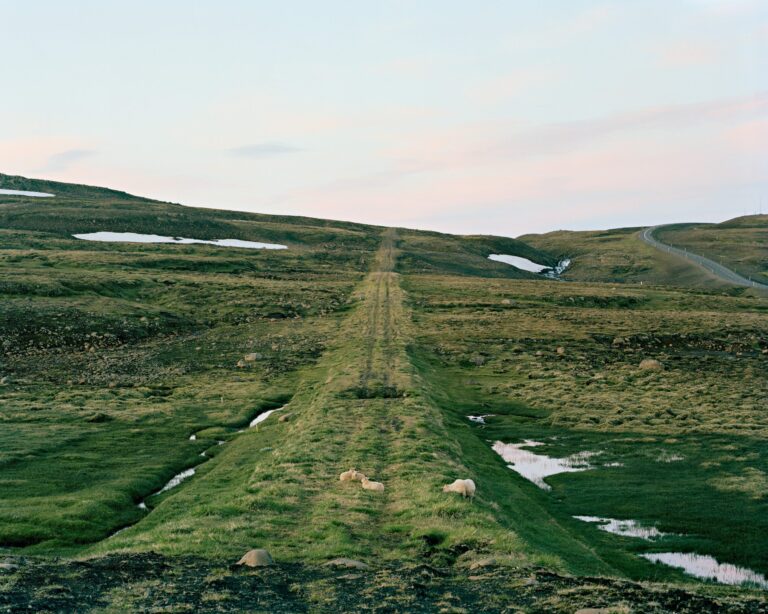10. – 17. ágúst 2012
Bókabúð-verkefnarými / Reaction Intermediate
Þann 26. febrúar 2012 fór Svarti einhyrningurinn fram af Bjólfsbakka.
Föstudaginn 10. ágúst er ætlunin að ná Einhyrningum aftur upp af hafnarbotni og vekja hann aftur til lífsins. Gjörningur fer fram kl. 17 við hafnargarðinn, Bjólfsbakka (viðlegu kantinn við gömlu ferjuna).
Í vikunni á eftir mun listamaðurinn hlúa að Svarta einhyrningum í opinni vinnustofu í Bókabúð-verkefnarými. Gestum og gangandi er velkomið að kíkja við. Ferlinu lýkur föstudaginn 17. ágúst kl. 20 þegar listamaðurinn heldur lokun og sýnir afrakstur vinnu sinnar.
Viktor Pétur Hannesson fæddist í flugvél eftir að hafa neitað því að koma í heiminn í þrjár vikur. Síðan þá hefur ferðalagið fært hann víða. Þó fór það ekki almennilega af stað fyrr en ef eftir tólf ára dvöl á Egilsstöðum þegar fjölskyldan fluttist búferlum til Reykjavíkur. Síðastliðið vor lenti hann úr síðasta ferðalagi, nýútskrifaður frá Listaháskóla Íslands. Ætlunin er að halda áfram. http://viktorpetur.tumblr.com/

